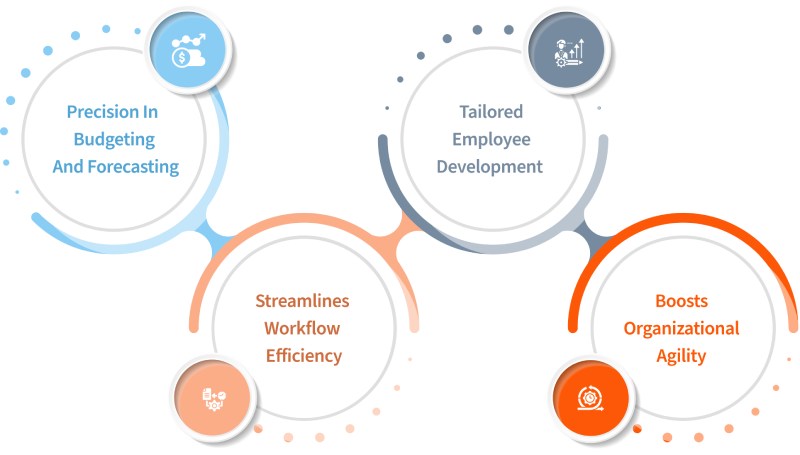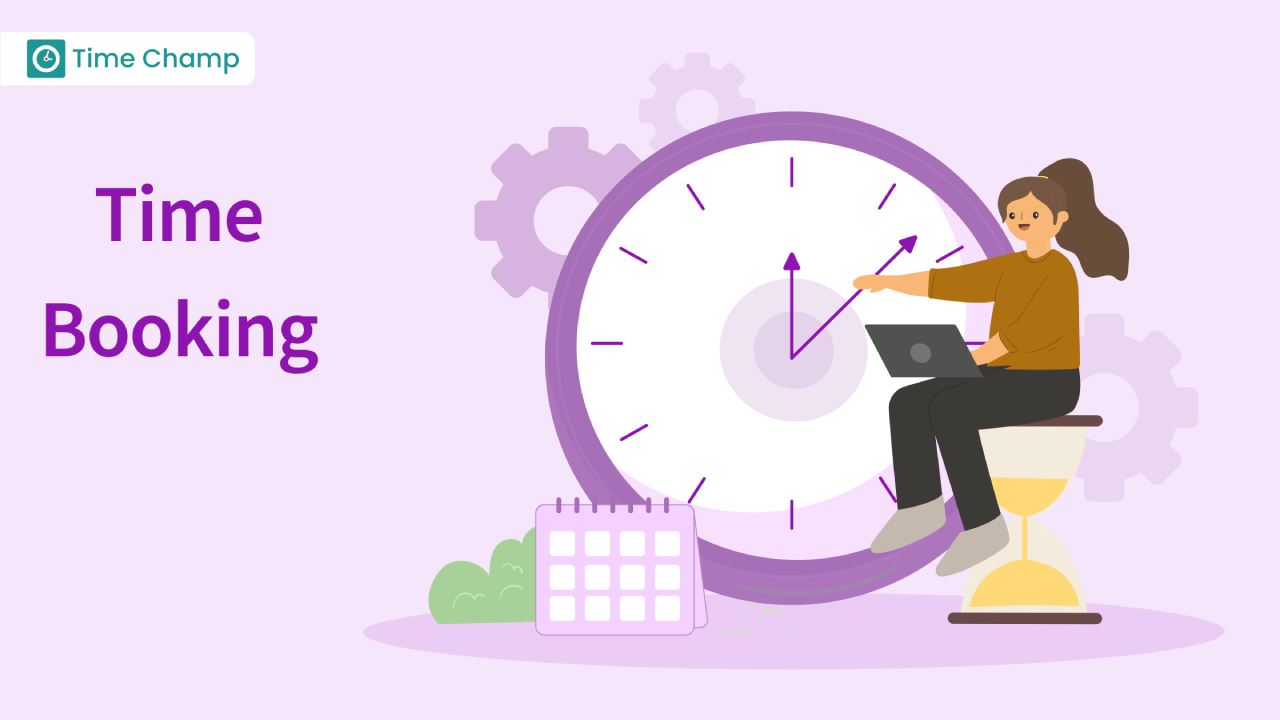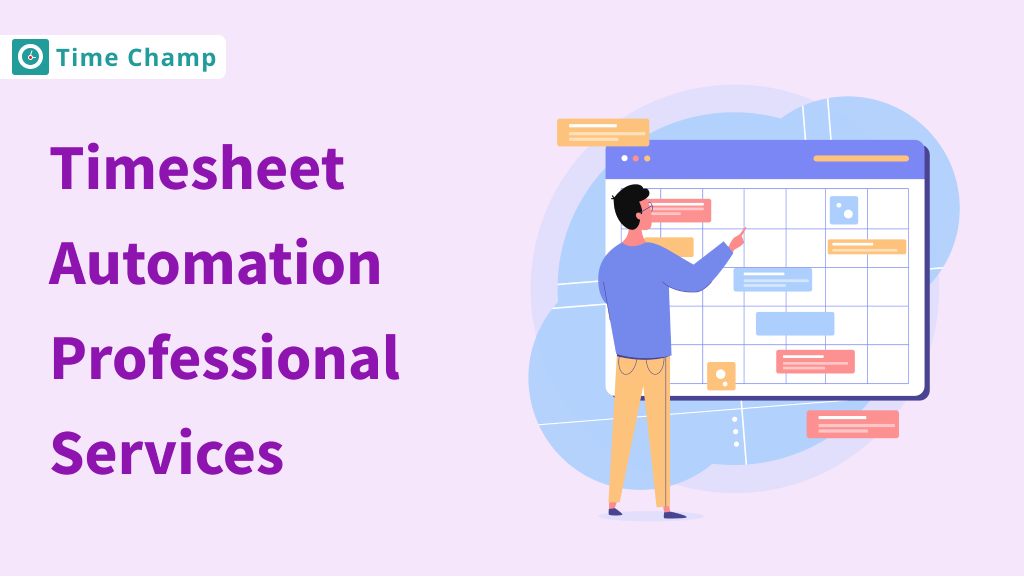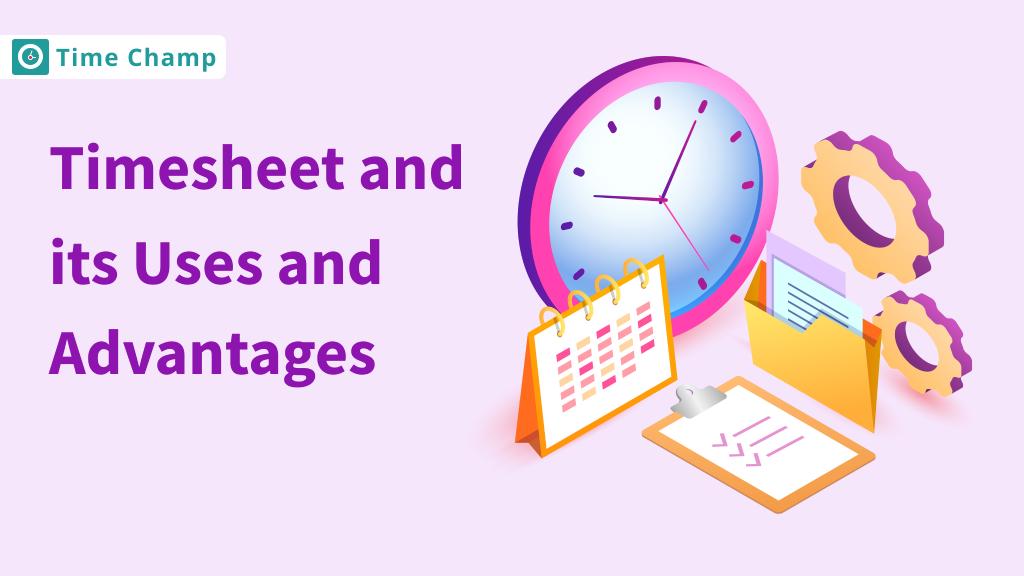Suffering from late deliveries, time mismanagement, or unproductive meetings? This is a familiar issue that is widespread in many organizations particularly when there is no awareness of how time is being utilised. The solution is to allocate the hours of your team properly. Time booking provides the structure that businesses need to track, allocate, and schedule time for increased efficiency. But what exactly makes time booking so impactful? In this blog, we’ll delve into why time booking is vital for your business and how it can help you streamline operations and boost success.
What is Time Booking?
Time booking refers to the act of documenting, assigning, and planning the time that is required for certain tasks, projects, or activities in an organization. It entails monitoring the time that the employees spend on certain activities to ensure that time is utilized appropriately and in a manner that supports the achievement of organizational objectives. Time booking also assists businesses in the management of resources by showing how time is being spent, where time is being lost, and how work processes can be improved to increase productivity and efficiency.
Significance of Time Booking for Business Success
A study by McKinsey & Company found that organizations prioritizing time management can boost productivity by up to 25%. This single yet powerful approach can be of great help in defining how successful a firm is going to be. Here’s how booking tool contributes to business success:
Prioritization of Critical Tasks
Booking time makes sure that important activities are given the time they deserve to be given so that they can be done. It enables you to always achieve some of the most crucial business objectives and goals, which may otherwise be sidelined by other activities that are of lesser importance.
Enhances Productivity and Focus
Allocating a specific time of the day for a specific activity, thus reducing the chances of being distracted. This results in improved quality of work and time used in completing the work, hence increasing productivity.
Improves Team Collaboration
When all the members of the team use the scheduling system, then it becomes easy to schedule the collaborative activities. This helps in making sure that all the people in the team are on the same page and there is no confusion or stagnation.
Reduces Procrastination
Time booking is effective in reducing procrastination since it involves the allocation of time for certain tasks to be accomplished. This structured approach minimizes time wastage, increases efficiency, and ensures that your team stays on course, thus enhancing business performance.
Exploring Different Types of Time Booking

In this section, we will explore the different types of time booking. Understanding these approaches will enable you to choose the right approach to improving productivity and efficiency in your organization.
Manual Time Booking
This is a traditional technique of time management where time is booked on paper planners, diaries, or even spreadsheets. This method involves the manual input and modification of time entries by the concerned people. It is simple and inexpensive, but it may take a lot of time and is sensitive to human input. Manual timekeeping is a physical method of tracking tasks and time, but it is not as efficient as digital booking solutions and does not have as many features.
Digital Calendar Booking
Digital calendar booking refers to the process of making appointments with the help of online calendars like Google Calendar, Outlook Calendar, or Apple Calendar. These platforms enable users to set and coordinate the time for some activities, meetings, and events. Other aspects of digital calendars include the alarm, repeat, and synchronization which makes it convenient to use. This method enhances visibility and availability of time but is less precise as compared to other methods in terms of time usage.
Time Tracking Software
Time-tracking software tools have many features for tracking and monitoring the time spent. Such tools may comprise automatic tracking, which eliminates the need for manual entry and therefore cuts errors. Time tracking software offers detailed reports and analysis of time spent and thus helps to find inefficiencies. This approach is especially beneficial for organizations and teams that need more detailed analysis and integration with other systems.
Project Management Tools
Project management software like Asana, Trello, and Monday.com are used in project management to synchronize scheduling with task and project management functionality. These platforms enable the user to allocate time to activities within projects and monitor the progress made. When integrated with time booking, project management allows teams to organize their work, control the deadlines, and have an overview of the work progress of different tasks. This integration enables you to work together and assists in the planning and management of time within the framework of a project.
How to Overcome Common Time Booking Challenges?
Here, we have outlined the major challenges that organizations face and have given the best solutions to these challenges to enable you to accomplish your business objectives in the best way possible:
1. Inconsistent Time Booking Habits
The first thing is the difficulty of keeping a regular schedule for booking time. It is very common to get used to the fact that some tasks are scheduled irregularly, or the calendar is not updated at all, which results in missed deadlines and chaos.
Solution: Set a routine where you must set your schedule either in the morning or in the evening. This could be a 15-30-minute session at the start or end of each day to go through and make changes to your bookings. It is also important to set reminders that will assist you in remembering when to book your time.
2. Overbooking and Unrealistic Scheduling
Another challenge is task complexity or the setting of improper expectations of the amount of work that can be accomplished within a given period. This leads to stress, burnout, and failure to meet the set deadlines and other project specifications as may be required.
Solution: Plan realistically by estimating how long it would take to do a given task and then add time for the interferences. It is also useful to insert time gaps between the tasks to have additional time in case of a delay or a problem. Thus, you will not let your schedule get out of hand and you will be able to accomplish the most urgent and crucial tasks.
3. Lack of Flexibility
Time booking is about planning, but it is also crucial not to stick to the plan too strictly because life is unpredictable. Time management is best done through scheduling and when an event arises, it becomes a problem because there are many things to do and limited time to do them.
Solution: Have some spare time in a day or a week, which can be used as a ‘time buffer’ that can help you to respond to any changes. Also, it is useful to arrange your work in larger time intervals that are devoted to the tasks of a certain type, but still, it is possible to be rather flexible within these intervals. It is also important to always monitor and adjust your bookings to fit your current requirements.
4. Distractions and Interruptions
These bookings can be interrupted by distractions and interferences, which can affect productivity and concentration.
Solution: Minimize interferences during the booked times by putting up barriers. This may involve shutting the office door, putting on the ‘do not disturb’ sign on the computer or phone, or using applications that can block certain websites. Restricting the time spent on checking emails or attending meetings is another way to avoid interruptions.
Advantages of Effective Time Booking

“Time is what we want most but what we use worst,” remarked William Penn. Mastering booking time can help you make the most of this crucial resource. Here are the significant benefits of efficient time management.
1. Precision in Budgeting and Forecasting
It enables business organizations to achieve a clear picture of how time is being utilized in projects and tasks. This level of detail is important when it comes to budgeting and forecasting. When the time taken to complete activities is accurately estimated, it is easier to forecast future time and cost needs, thus improving on the accuracy of the budget and eliminating the possibility of a project going over budget.
2. Streamlines Workflow Efficiency
This gives you a clear picture of the workflow process and shows congested areas. This makes it easy for the managers to identify areas where time is consumed and this may be due to repetition of work, delays in approval, or lack of understanding. Another area that is positively impacted by the optimization of these workflows is efficiency because it enhances the overall operations of the business.
3. Tailored Employee Development
From timesheet reports and data, you can determine the exact areas of strength and areas of weakness of the employees. This insight can be used to create training and development programs that can assist the employees to work more efficiently in areas where they spend much time or are slow to complete tasks. In the long run, this kind of development can help in creating a more skilled and efficient workforce.
4. Boosts Organizational Agility
Another important factor that has emerged as a key success factor in today’s fast-changing business environment is flexibility. It is advantageous to organizations because it offers current information on where resources are being used and thus offers an organization flexibility to respond to changing priorities. This flexibility enables you to easily move when new tasks arise or when there is a shift in priorities, without getting bogged down in the middle of the current tasks.
Selecting the Right Time Booking Solution
Since 82% of people do not use a specific time management system, the choice of software is critical. In this section, we discuss the factors that need to be put into consideration when selecting the most appropriate solution to meet the needs of the organization.
1. Understand Your Workflow Dynamics
Before going into details of the software available, it is crucial to understand how work is done in your organization. Think about the processes, the interaction between departments, and how the progress of projects is managed. Knowledge of these dynamics will assist you in determining the characteristics of a time booking system that are critical.
2. Prioritize Employee Experience
The effectiveness of any time management tool is highly dependent on how your team is going to use it. Search for a solution that would be easy to navigate and has a simple design of the interface. A system that is easy to use will ensure that tracking is done regularly hence improving the quality of data collected and the understanding of how time is utilized.
3. Consider Future-Proof Capabilities
In the dynamic business environment, the software that is chosen must be able to address the current and future needs of the business. Concentration on products that have additional accessories or components that are compatible with the latest technology. In this way, your system will be always up-to-date and efficient as your business evolves and develops.
4. Evaluate Data Connectivity
Time tracking is not an independent process; it often requires synchronization with other systems, including payroll, HR, and project management software. Make sure that the software you are going to use has strong API support or integration tools that can connect with these systems. This helps to avoid data replication and mistakes, which in turn increases the efficiency and quality of data.
Conclusion
Time booking is a factor that can be of great importance to your organization in the achievement of its objectives. It gives structure and focus to your business by ensuring that activities are completed within the stipulated time and that resources are used efficiently. However, to get the most out of time booking, use powerful tools that help you manage and be ahead in achieving your goals.
Frequently Asked Questions
Streamline your workforce time tracking and management with Time Champ!
Get started today and optimize every second to boost efficiency.
SignUp for FreeBook DemoTime booking is planning and scheduling time for certain activities or projects to properly utilize resources. Time tracking is all about observing and documenting how time is spent during those booked or scheduled slots.
This can be done by concentrating on priorities, having a centralized booking system, and occasionally comparing the bookings with the time usage. It is also important to include buffer times in the timelines to allow for any other activities that may be encountered.
Many industries such as healthcare, legal, consulting, and project management. These industries require proper scheduling management to schedule the appointments with the clients, project duration, and time required for the resources.
Because it helps to avoid confusion in the schedule, improve cooperation, and avoid conflicts in the schedule. It also assists in the coordination of time zones, so that people are on the same page and projects do not get off schedule.






